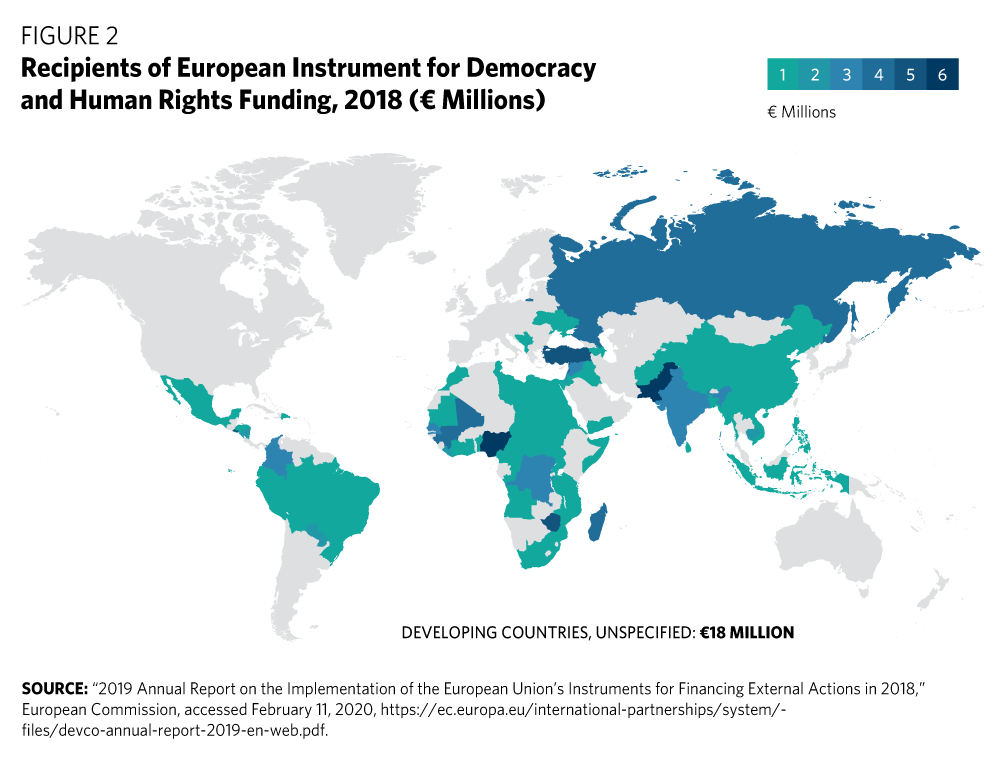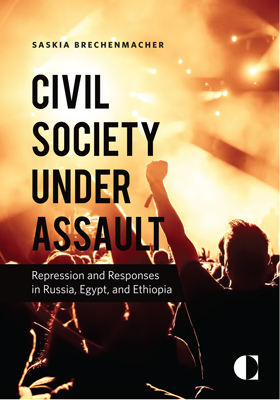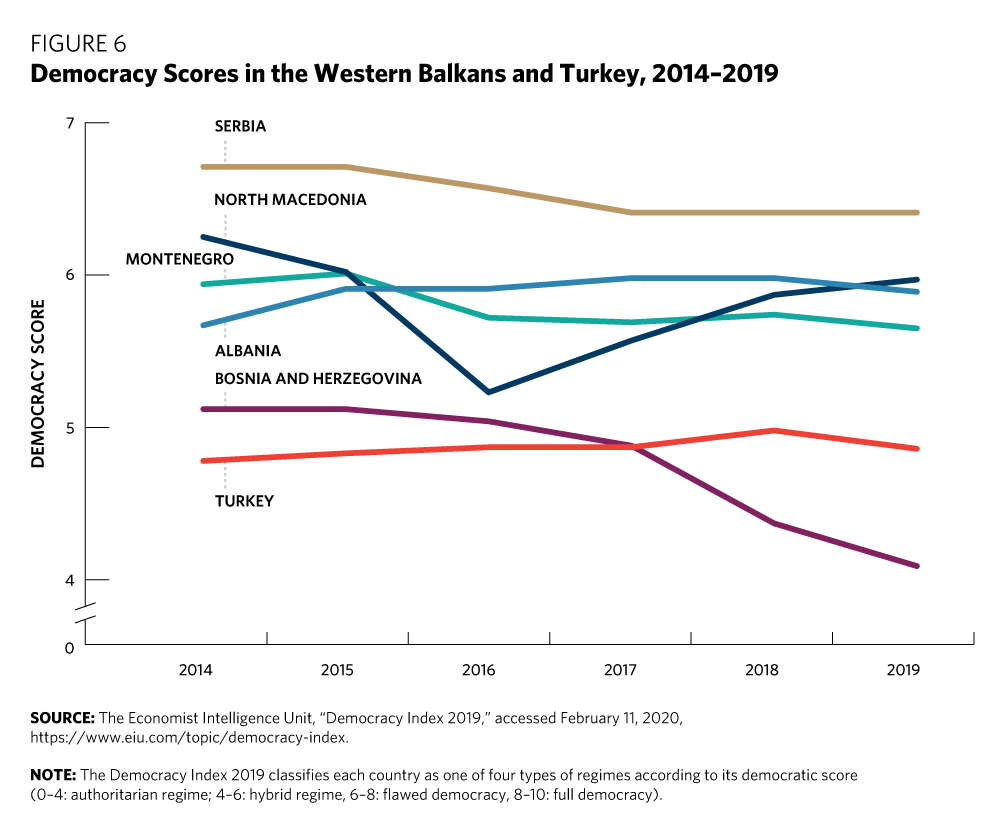
The acquittal of civil society activist Osman Kavala followed by his absurd rearrest shows the abysmal state of rule of law and democracy in Turkey, notes analyst Marc Pierini.
The closing of civil space cannot be separated from issues of democratic resilience, so the European Union should move beyond protecting activists to beefing up the resilience of whole democratic systems, according to a new report.
The EU’s 2019–2024 institutional term will usher in changes to the union’s external financing instruments. Strong efforts will be needed to make sure civil society support does not slip down the union’s list of priorities. More positively, the EU could use the redefining of its financing to improve backing for civil society. Three different kinds of change to CSO support are needed, Carnegie analyst Richard Youngs writes in New Directions for EU Civil Society Support: Lessons From Turkey, the Western Balkans, and Eastern Europe:
- First, the EU should make further valuable improvements to extend the kind of adjustments the union has already started to make in the last several years.
- Second, the EU needs to grasp the nettle of some difficult challenges facing civil society that it has so far failed to take on board.
- And finally, the EU should link its civil society support more tightly with the more political dimensions of its foreign and security policies.
 He proposes ten practical ideas for how EU civil society assistance needs to evolve, focusing on the countries that fall under the EU’s Instrument for Pre-Accession Assistance (IPA)—Turkey and the countries of the Western Balkans—and the six states of the EU’s Eastern Partnership (EaP): Armenia, Azerbaijan, Belarus, Georgia, Moldova, and Ukraine. To improve its civil society assistance, the EU should:
He proposes ten practical ideas for how EU civil society assistance needs to evolve, focusing on the countries that fall under the EU’s Instrument for Pre-Accession Assistance (IPA)—Turkey and the countries of the Western Balkans—and the six states of the EU’s Eastern Partnership (EaP): Armenia, Azerbaijan, Belarus, Georgia, Moldova, and Ukraine. To improve its civil society assistance, the EU should:
- tie critical measures to civil society support;
- set minimum thresholds for mainstreaming;
- engage with unfamiliar civil society partners;
- define clearer rules on government-organized nongovernmental organizations (GONGOs);
- focus on systemic resilience;
- help local fund raising;
- widen support networks;
- better connect civil society to politics;
- assess the civil society impacts of other EU policies; and
- link civil society to foreign policy.
Read the rest of this working paper, part of a series from Carnegie’s Civic Research Network.








